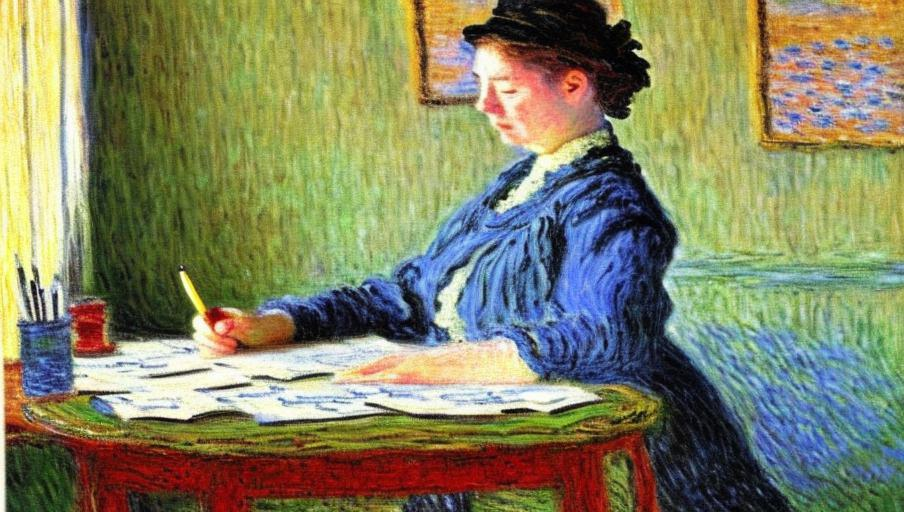Journalling for ADD / ADHD

The main tool that has helped me with my ADD is daily journalling. There's no doubt that I feel much better getting all the swirling thoughts out of my mind and onto paper. There, I can challenge any negative thoughts or explore issues I'm having, helping me have a clearer mind for the day.
These are the key points I find important when journalling:
- Dedicate time, consistently - I find it has to be done every day to have the best effect, and it helps to have a fixed time. I get up a little earlier than I used to so I can have 10-15 minutes of peaceful writing while my family is asleep.
- Just write it down - it doesn't matter how you start, don't worry about making beautiful prose, just get those thoughts out and let it flow. You'll then find a rhythm or theme to follow for the day. If you're not sure how to start, try asking yourself a question: How am I feeling this morning? What is causing me the most worry recently? What am I grateful for? It's important to get out all the thoughts that come to mind, in whatever form. When they are out of my head and on paper (or in an app), then I feel a lot clearer in my mind.
- Challenge negative thoughts - I've used Cognitive Behavioural Therapy in a few forms, and I find it very useful to challenge negative thoughts and perceptions I have. There are many resources online, or ask a therapist if you are unsure, but the main idea is to focus on atual solid facts to put an idea into context. For example, if I feel a colleague at work dislikes me or my work, I try to challenge that concept in writing, using only hard evidence and facts that are there, for example, is there any written or spoken evidence they have shown their dislike, or is it just my perception? Has any criticism been valid or was it unecessarily harsh?
- Remember to be grateful - don't just focus on the negatives, remember to write down every day the things for which you are thankful. Family, friends, nature, having a roof over your head, it can be anything and simple, but it focuses and reminds you that there is more to life than negative points.
- Integrate your therapy - if there's anything your therapist has recommended you exercise or practice at home, journalling is the ideal time to do it.
It doesn't matter whether you write on paper or on an app, this exercise is just for you and no one else has to see it. It doesn't have to be beautiful, spelt correctly or make sense - you can even destroy it afterwards if you are concerned. The important act is transferring the thoughts out of your head and into the real world.
In the past, when I've had deadlock with certain issues or problems, I've found that writing things down helps me make progress. Even if it's just how I feel about that thing or a timeline of events, it helped me shift perspective and work towards resolving it.
Don't just take my word for it though - journalling is championed as beneficial for mental health by doctors and also by psychologists. Although these examples are not about ADD explicitly, there's a lot of crossover and a high incidence of comorbidity which means they're very relevant.
So if you're not already writing, try using journalling as part of your Mental Floss toolkit for better daily Mental Hygiene!
